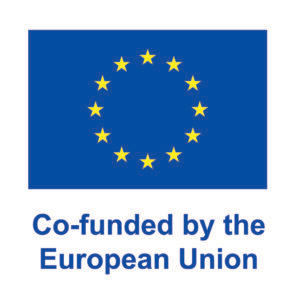Charting a Greener Path: How SLog4.0’s Consortium is Adopting Sustainable Practices
15/05/2024, ValueDo, Italy
According to data released by the International Energy Agency (IEA), in 2022 the rebound in passenger and cargo transport activity following the COVID-19 pandemic led to a 3% increase in CO2 emissions produced by transports compared to the previous year. Transport emissions grew at an annual average rate of 1.7% from 1990 to 2022, faster than any other end-use sector except for industry (which also grew at around 1.7%). To get on track with the Net Zero Emissions (NZE) by 2050 Scenario, CO2 emissions from the transport sector must fall by more than 3% per year to 2030. Moreover, as reported in a study conducted by the European Environment Agency, global logistics is expected to account for up to 40% of global CO2 emissions if effective actions are not taken.
Therefore, the logistics sector needs to be re-thought in order to reach the environmental objectives set up by the European Commission, also included in the EU Green Deal. The EU-funded project SLog4.0 - Sustainable Logistics 4.0: Digital and green skills for boosting innovation and sustainability of the logistics sector - is committed to contribute to this objective by creating a new course, dedicated to train the future advanced workforce (HEIs students) in the field of sustainable logistics.

Furthermore, to fully apply the principles of green consciousness and sustainability, the SLog4.0 project partners decided to adopt green practices even in the project activities related to coordination and implementation.
The project consortium – which will last 36 months and is composed of 7 partners from 6 different EU countries – relies almost entirely on digital means and sustainable practices. Thanks to the development of IT solutions, the physical convening of the partnership occurs merely on 4 occasions throughout the entire project lifecycle, while substantive project progression is done predominantly within the digital realm.
The project also obeys to the Guidelines issued by the Erasmus+ Programme Guide 2023 with regards to the respect for the environment and for the fight against climate change, and adopts eco-friendly solutions for a vast majority of its activities.
For the 4 in person meetings, plus the 12 dissemination events, the SLog4.0 consortium decided to apply the following criteria:
- Avoid single-use plastics/excessive packaging in catering services and provide fresh, local, organic food;
- Reduce the amount of paper used and ensure the use of recycled Eco-label/FSC-PEFC paper;
- Plan the meetings in places easily reachable and accessible to all through public transportation, to avoid the use of personal cars or taxis;
- Select places certified with Eco-labels, that possess environmental management standards (ISO 14001, EMAS) or green buildings certifications (for example, LEED).
Follow our social media (Facebook, LinkedIn) for more news and updates on SLog4.0!


